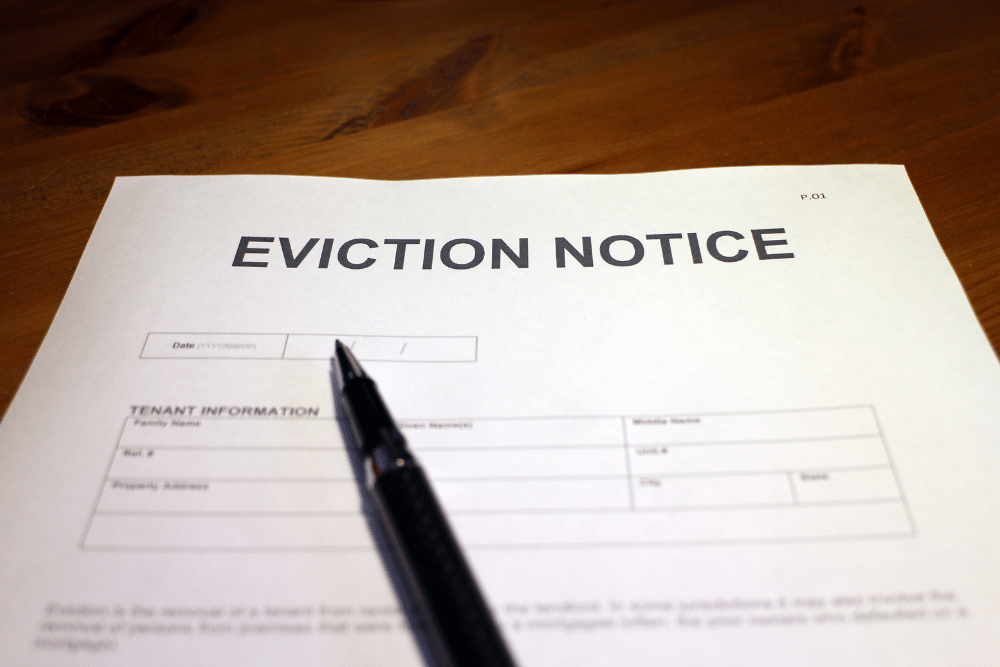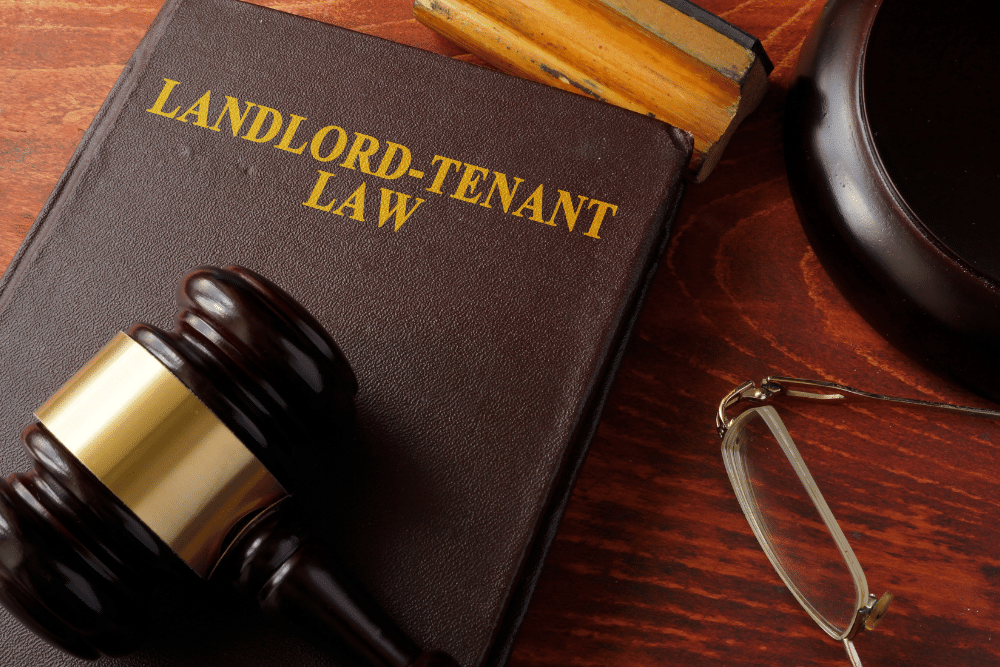What Should I Know Before Evicting a Tenant?
It’s safe to say that eviction is an incredibly stressful process for tenants, as well as being something that landlords don’t want to do.
As a landlord, the decision to evict a tenant requires careful consideration, and should only be used as a last resort.
If you do decide that there is no other choice but to evict your tenant, you’ll need to ensure that you follow all of the procedures correctly and act appropriately. Doing so should help to make a complicated process slightly more straightforward.
Read on to learn three crucial steps that you should keep in mind before evicting a tenant.
Additional information about evictions during Covid-19
In response to the coronavirus pandemic, the government’s current advice is to pause evictions where possible.
Notice periods have been increased to a minimum of 3 months, as a way to safeguard tenants from homelessness or severe distress.
Evictions started again on 21st September 2020, and bailiffs can carry out evictions from 6th October.
Most tenants will be entitled to 6 months’ notice; some will only be entitled to 4 weeks if they owe 6 months’ rent or more, or little-to-no notice for antisocial behaviour, having an illegitimate immigration status, committing a crime or abuse, or lying to get their tenancy.
The courts won’t start taking eviction cases until spring 2021, but you could still force your tenants to leave if you issued a valid notice before 29th August 2020, you started court action before the eviction ban, or your tenant has high rent arrears or has committed antisocial behaviour.
In the event of a local lockdown, bailiffs can be delayed.
This information can change at short notice, so it’s worth checking on the official government website for the latest details.

Try and understand the tenants’ position
Before starting the eviction process, it’s best to use a combination of communication, empathy and understanding to see if you can solve the issues another way.
The health and economic crisis caused by Covid-19 has led to a seriously hard time for many, with job losses, worries for family and friends, and challenges to mental and physical health.
If your tenant is late to pay their rent, try reminding them in case they have simply forgotten, or find out more details about their current circumstances.
And remember; don’t be intrusive. Issuing an eviction notice is only the start of the process, so you still won’t have the right to enter the property to remove your tenant’s belongings, turn off utilities or change the locks.
You must wait until your tenant has officially left the property before entering without a minimum of 24 hours’ notice. In the meantime, you’ll still have to uphold your end of the tenancy agreement, including fixing maintenance issues.
It’s illegal to harass your tenant or force them out prematurely, so make sure to act in a civil and conscientious way, no matter how frustrating the process might be.
See if you can come to a payment arrangement
If your reason for wanting to evict your tenant is because they are behind on rent, see if you can come to a payment agreement as soon as possible, where your tenant agrees to pay back what they owe you.
Payback can either be in full or over time. By agreeing to a payment plan, your tenant pays back a bit extra on top of their monthly rent. Make sure that the payment plan is realistic and affordable for your tenant, or the situation could get worse.
Check with your tenant to see if they are entitled to any extra income, including benefits or help with rent; advise them to contact the Citizens Advice Bureau if they are unsure.
Understand the eviction process
If you choose to move forwards with an eviction, then it’s essential to understand and follow the process carefully, making sure that your eviction notice is valid. Otherwise, your tenant could challenge the notice and take you to court, delaying their leaving date.

Section 8 Notice
A Section 8 notice is a more severe kind of eviction, used when a renter breaks the terms of their tenancy.
You need a reason to issue a Section 8, such as rent arrears, damage to the property, causing nuisance to neighbours or having an unapproved pet.
You’ll need to give your tenant between 2 weeks and 2 months’ notice, depending on the seriousness of the rules they’ve broken. If your tenant doesn’t leave by the agreed date, then you’ll need a possession order from court to allow their bailiffs to enforce the move.
Issuing a Section 8 notice is the first step to get your tenant to leave. You’ll need to fill in a “notice seeking possession of a property let on an assured tenancy or assured agricultural occupancy’, otherwise known as Form 3.
Make sure to include all of the necessary information to validate the form, including your tenants’ name and address, your reason for evicting them or “grounds for possession” (which are numbered 1-17), and your date of notice. If valid, you’ll need to go to court to finish the process.
Your tenant can challenge the eviction by filling in a defence form, explaining what they intend to do to make the situation right, such as repairing damage or paying what they owe. They could also delay the eviction date if they can prove that it would cause them severe harm, due to serious illness, disability or having young children.

Section 21 Notice
A Section 21 is a more standard eviction notice, where you ask for your property back after the tenancy has ended. Pre-coronavirus, you would need to give at least 2 months’ notice for this kind of eviction.
You don’t need to provide a reason for a Section 21; for example, you may just be intending to move back into your property. In the meantime, your tenant must keep paying their rent as per the tenancy agreement.
A Section 21 notice is the first step to get your tenant to leave; if valid, you’ll need to go to court to get a possession order and warrant for eviction, letting you use court bailiffs if your tenant fails to leave on time.
Again, tenants have the option to challenge your eviction notice and stay longer in the property if they can prove that an eviction would cause severe hardship, for example if they have a serious illness or disability.
As long as you keep these three things in mind, you’ll ensure that everything is done legally and will have followed the correct processes.
And of course, always seek legal advice if you’re unsure about anything.